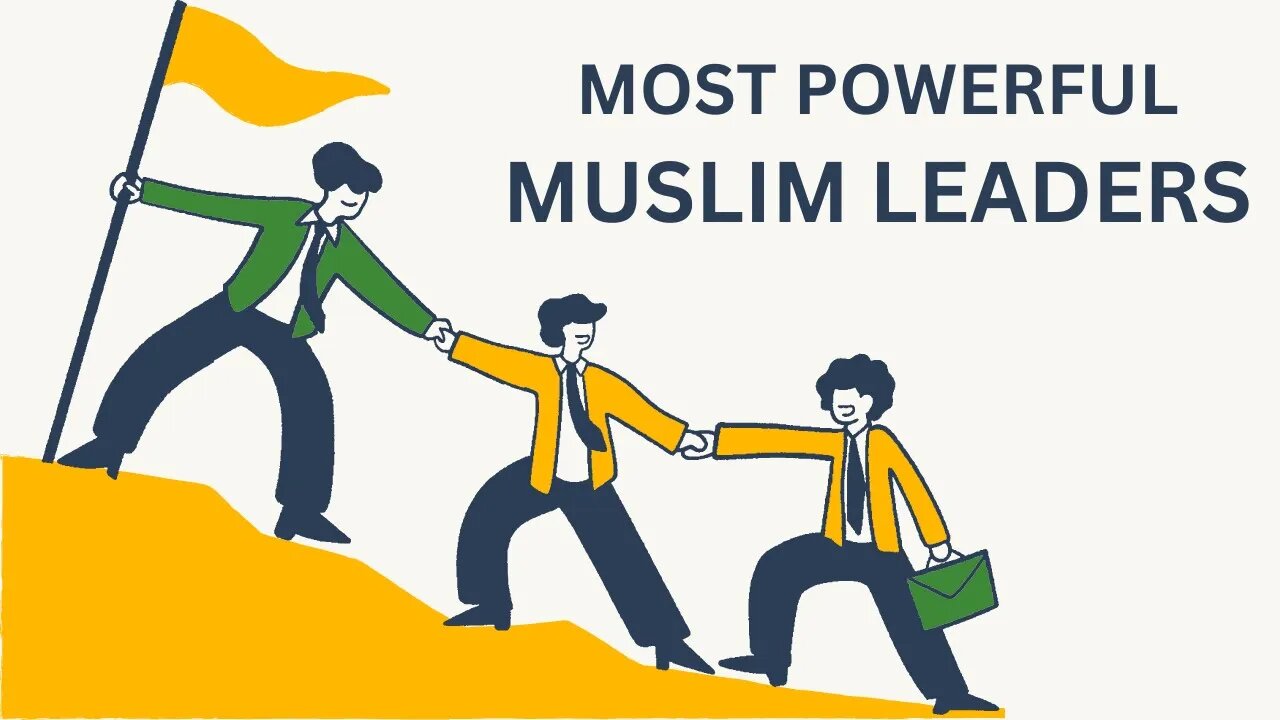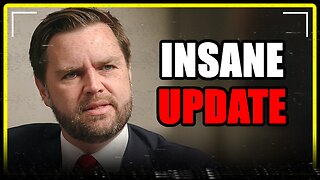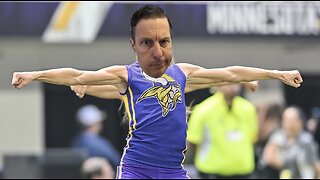Premium Only Content

The Most Powerful Muslim Leaders in the World
The Most Powerful Muslim Leaders in the World
Muslim leaders can refer to a wide range of individuals who hold leadership positions within the Muslim community or have influence in Muslim-majority countries. These leaders may come from various backgrounds, including religious scholars, political figures, community organizers, and more. Here are some examples of Muslim leaders and their roles:
Religious Scholars (Ulema): These individuals are well-versed in Islamic theology, jurisprudence, and Quranic interpretation. They often provide religious guidance and issue fatwas (legal opinions) on various matters. Prominent religious scholars may have significant influence within their communities.
Political Leaders: In Muslim-majority countries, political leaders can also be considered Muslim leaders. These leaders may hold positions such as presidents, prime ministers, or monarchs. They play a key role in shaping government policies and governance in accordance with Islamic principles.
Community Leaders: In local communities and mosques, there are leaders who organize religious activities, provide support to community members, and ensure the smooth functioning of the community. They may include imams, mosque administrators, and community organizers.
Islamic Activists: Some Muslims take on leadership roles within Islamic activist organizations. These organizations may focus on issues such as civil rights, social justice, humanitarian relief, or promoting Islamic values in society.
International Figures: Certain Muslim leaders have gained international prominence due to their contributions to various fields. Examples include Nobel laureate Malala Yousafzai, who advocates for girls' education, and religious leaders like the Grand Mufti of Saudi Arabia, who issues important religious rulings.
Spiritual Guides: Sufi leaders, known as Sufi sheikhs or Sufi masters, guide their followers in spiritual matters and practices within the Sufi tradition of Islam. They often emphasize the inner, mystical dimensions of Islam.
Interfaith Leaders: Some Muslim leaders actively engage in interfaith dialogue and work to foster understanding and cooperation between different religious communities.
It's important to note that the Muslim world is diverse, and leadership roles can vary significantly depending on cultural, geographic, and religious contexts. Moreover, not all Muslims necessarily recognize the same leaders or authorities, as Islam has a decentralized structure with various schools of thought and interpretations.
-
 LIVE
LIVE
Barry Cunningham
6 hours agoBREAKING NEWS: PRESIDENT TRUMP SET TO TAKEOVER CHICAGO AND BOSTON!
2,573 watching -
 LIVE
LIVE
SpartakusLIVE
49 minutes agoThe BADDEST Duo in WZ Exhibits PEAK Physique || Duos w/ Sophiesnazz to start, quads later
875 watching -
 LIVE
LIVE
LumpyPotatoX2
1 hour agoSunday Funday on HellDivers - #RumbleGaming
86 watching -
 3:11:52
3:11:52
Esports Awards
3 hours agoEsports Awards: Decade Awards 2025
29K3 -
 1:02:58
1:02:58
Sarah Westall
2 hours agoMILITARY WHISTLEBLOWER: How Social Media Military Level Psyops are Manipulating You w/ Patrick Bergy
6261 -
 30:41
30:41
Stephen Gardner
1 hour ago🔥WHITE HOUSE GETS UNEXPECTED BIG WIN!
1.13K9 -
 9:39
9:39
MattMorseTV
3 hours ago $0.02 earnedVance just DROPPED a BOMBSHELL.
3.06K36 -
 2:40:14
2:40:14
DooM49
3 hours agoThe Grind for Battlefield 6 Skins - A-10 Unlocked
29 -
 1:47:49
1:47:49
Jeff Ahern
3 hours ago $0.23 earnedThe Sunday Show!
111K4 -
 LIVE
LIVE
Spartan
2 hours agoExpedition 33, Halo Later on (Maybe)
61 watching